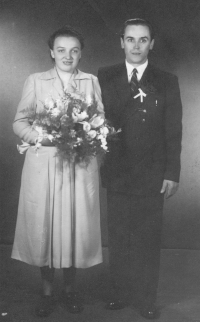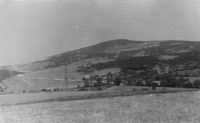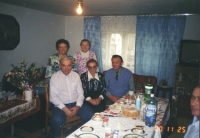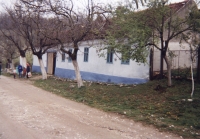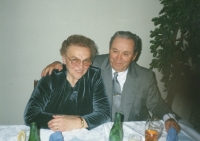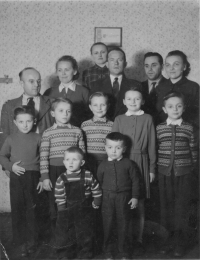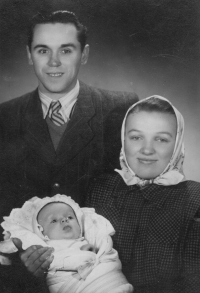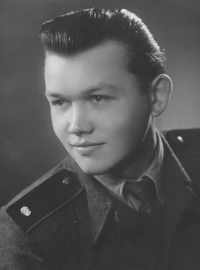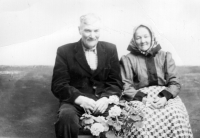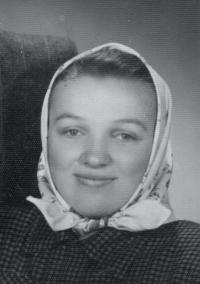I had a choice: either serve with the Romanians or go to Bohemia
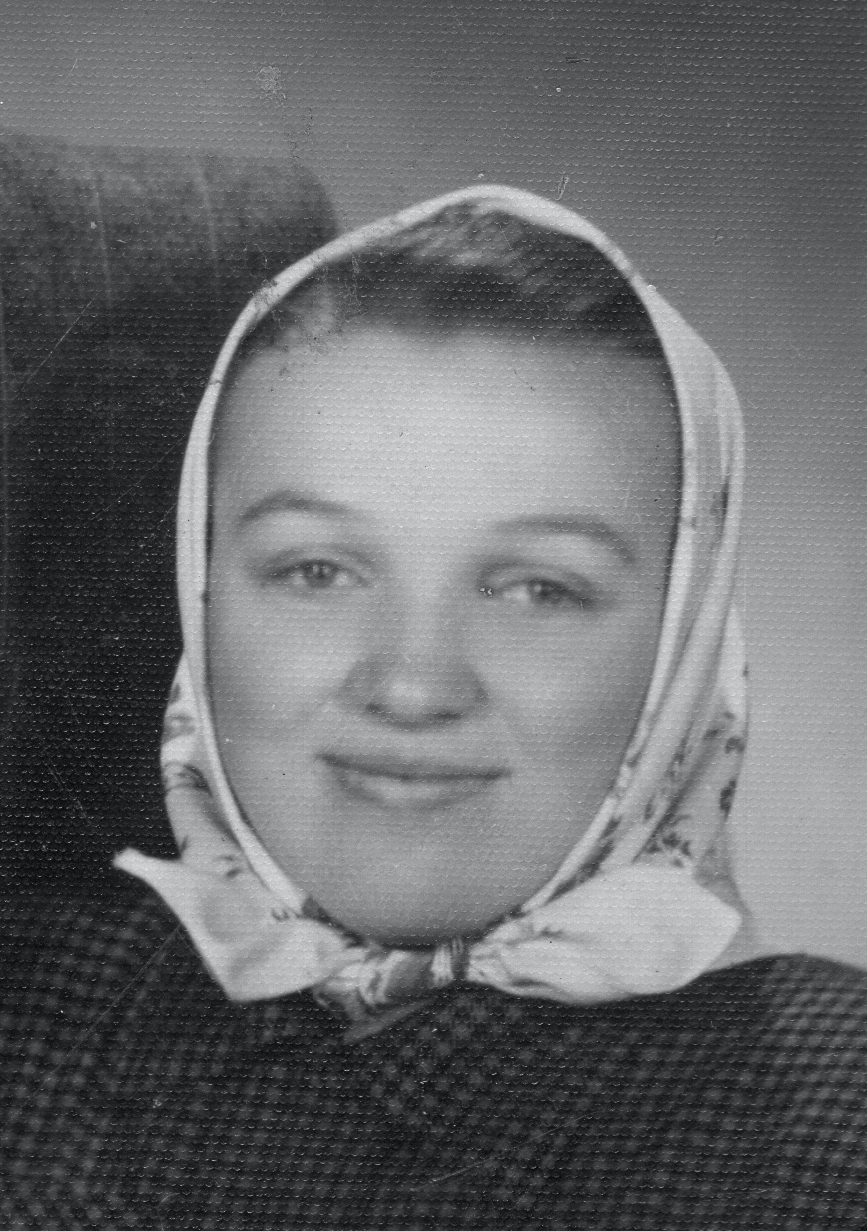
Download image
Barbora Jelínková, née Hrůzová, was born on 4 December 1930 in the Czech village of Svatá Helena in Banat, Romania. Like most of the locals, her family farmed the fields and she was involved in domestic work from an early age. She completed five grades there and from the age of thirteen until she left for Bohemia, she worked as a servant in the families of Romanian officials. After the Second World War, the Czechoslovak government began to organize transports of emigrants, which were to include the family of the memoirist. In August 1949, however, only the memoirist and her fourteen-year-old brother eventually travelled to Bohemia and settled in Cheb. They joined the local fellowship of the emerging Baptist congregation, and Brother Francis entered the preaching ministry there in September 1980. Shortly after their arrival, the memorialist began working as a worker in a worsted yarn spinning mill in Cheb. She spent over thirty-two years in the knitting mill and then retired. In 1952 she married a man also originally from St. Helena. Over time, her other siblings moved to Bohemia and only her parents remained in their native village in Romania. At the time of filming, the memoirist lived in Cheb (June 2022).
